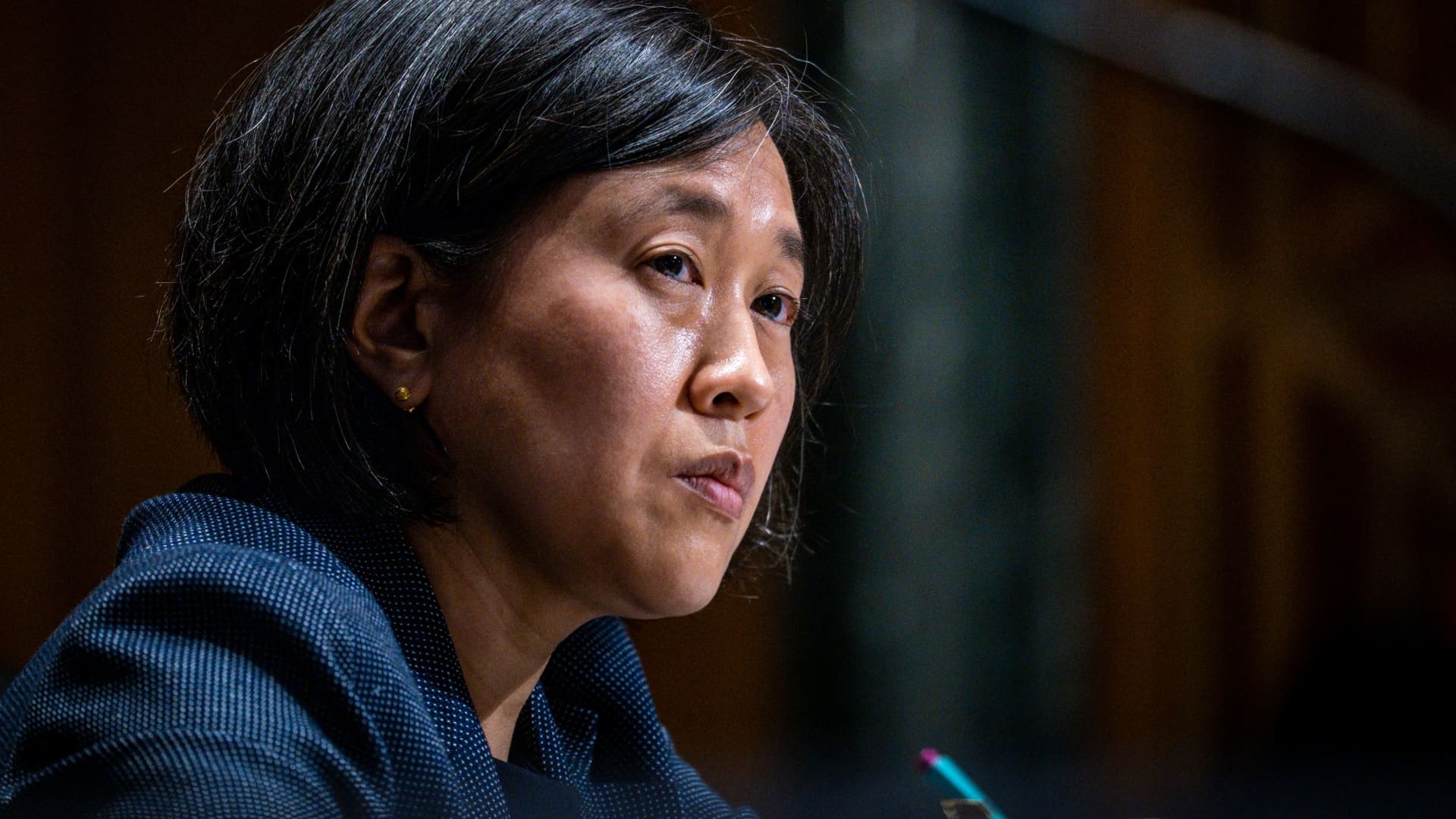- Joined
- Jun 18, 2018
- Messages
- 82,864
- Reaction score
- 88,145
- Gender
- Male
- Political Leaning
- Progressive
"To the surprise of many in Washington and Beijing, the Biden administration has largely followed Trump’s lead, keeping U.S. policy toward China on a more competitive — if not confrontational — footing, an approach now favored, in varying degrees, by lawmakers in both parties and likely to last as long as China continues its great leap backward. Restraining China is now a multi-administration, bipartisan strategy that stands among the most important foreign policy adjustments since the end of the Cold War.
...The Biden team’s first move was not to launch the traditional review of U.S. policy often done by new presidents. Instead, the competitors spent several weeks huddling with allies, informing them of the hard line they intended to take toward Beijing and asking them to rally around it. In the early months of 2021, Rosenberger’s office at the NSC led hours-long “virtual roadshows” with officials in France, Germany, Britain and the Baltic states. The sessions were meant to reassure allies and hear them out so that U.S. officials could identify opportunities for cooperation as well as potential weaknesses in a united front.
The competitors knew that many in the Washington bureaucracy, the business community, and China hands in think tanks and universities did not agree — or perhaps recognize — that the rules had changed. Lobbyists, former trade officials and others with economic incentives to keep U.S.-China relations on an even keel typically assumed Biden would end the Trump-era hostilities and return to the cooperation of the Barack Obama days. But, as NSC’s Campbell would later explain, “The period that was broadly described as engagement has come to an end.”"
...In September, the competitors made their biggest strategic play — a new alliance expanding military cooperation with Australia and the United Kingdom. Called “AUKUS,” the deal has at its cornerstone a commitment to share nuclear submarine technology with Australia. AUKUS was not the Biden team’s idea, a senior official told me; credit belonged to British and Australian officials. China had been battering Australia economically throughout the pandemic in retaliation for its government calling for an independent investigation into the origins of the coronavirus. Meanwhile, Britain was looking to shore up its alliances following Brexit. In response to the sub deal, China’s acting ambassador to Australia, Wang Xining, issued a vague threat: “There’s zero nuclear capacity, technologically, in Australia, that would guarantee you will be trouble free, you will be incident free. … And if anything happened, are the politicians ready to say sorry?”
Link
Long article about Biden dealing with China. He's on the right path. One might say Trump started it. But Biden is under no illusions that the US can do it alone.
...The Biden team’s first move was not to launch the traditional review of U.S. policy often done by new presidents. Instead, the competitors spent several weeks huddling with allies, informing them of the hard line they intended to take toward Beijing and asking them to rally around it. In the early months of 2021, Rosenberger’s office at the NSC led hours-long “virtual roadshows” with officials in France, Germany, Britain and the Baltic states. The sessions were meant to reassure allies and hear them out so that U.S. officials could identify opportunities for cooperation as well as potential weaknesses in a united front.
The competitors knew that many in the Washington bureaucracy, the business community, and China hands in think tanks and universities did not agree — or perhaps recognize — that the rules had changed. Lobbyists, former trade officials and others with economic incentives to keep U.S.-China relations on an even keel typically assumed Biden would end the Trump-era hostilities and return to the cooperation of the Barack Obama days. But, as NSC’s Campbell would later explain, “The period that was broadly described as engagement has come to an end.”"
...In September, the competitors made their biggest strategic play — a new alliance expanding military cooperation with Australia and the United Kingdom. Called “AUKUS,” the deal has at its cornerstone a commitment to share nuclear submarine technology with Australia. AUKUS was not the Biden team’s idea, a senior official told me; credit belonged to British and Australian officials. China had been battering Australia economically throughout the pandemic in retaliation for its government calling for an independent investigation into the origins of the coronavirus. Meanwhile, Britain was looking to shore up its alliances following Brexit. In response to the sub deal, China’s acting ambassador to Australia, Wang Xining, issued a vague threat: “There’s zero nuclear capacity, technologically, in Australia, that would guarantee you will be trouble free, you will be incident free. … And if anything happened, are the politicians ready to say sorry?”
Link
Long article about Biden dealing with China. He's on the right path. One might say Trump started it. But Biden is under no illusions that the US can do it alone.



